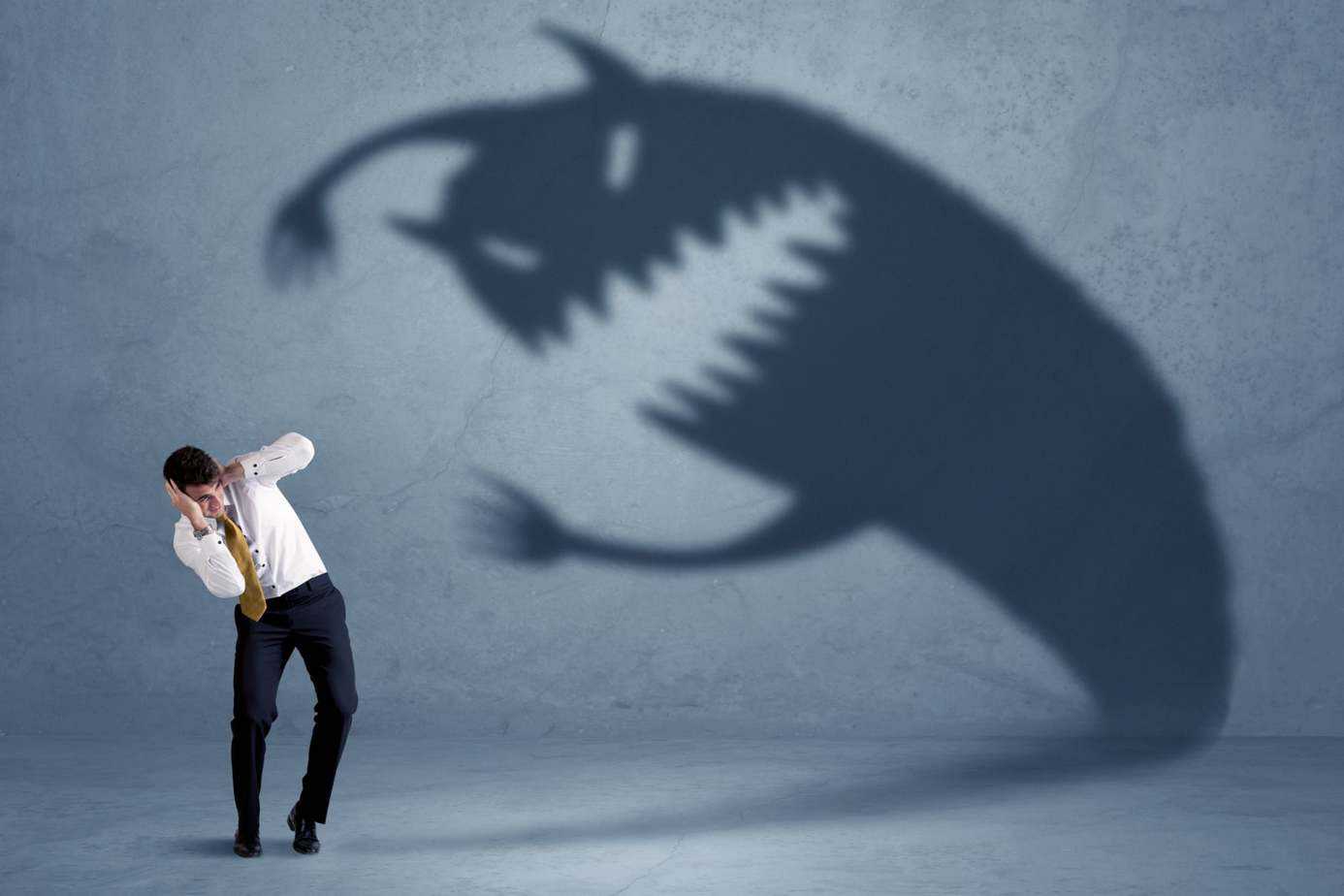
It is said that fear is the warrior’s ally. It makes the brain alert and attentive to all external stimuli. However, fear can be paralyzing in certain situations. Why are we afraid? In this article we answer this question.
Everything that is new and unknown arouses anxiety and fear. These emotions accompany you almost from birth. They are already felt by an infant, who announces separation from its mother by crying. Over time, fear and anxiety evolve. You begin to fear other things as well – the dark, a storm, strangers, loneliness. Subsequent years fill up the list, which contains more and more things you would rather hide from, although it is you who gives each event in your life its meaning.
Although we think of fear as a negative emotion, in reality it is very important for your life and your psyche. You have probably already experienced that in extreme situations it can protect you from unpleasant consequences. It has always been so – the feeling of fear was supposed to protect mankind from many dangerous events. Was it successful? Well, if it had been otherwise, would you be where you are today? Would you be standing over a mountain precipice without fearing for your life, or putting your hand into the flame of a fire without pain? So here’s the answer to why you are afraid – the fear you feel is a defensive response that protects you from many threats.
Of course these are not always real threats, sometimes you become a prisoner of your own beliefs. You allow yourself to be labelled as one who is “afraid of everything” or, to use the words of Albert Camus: “always finds a suitable excuse for lack of courage”.

The modern world spares you no reason to be afraid. The number of things you’re afraid of is growing, as is the number of reasons that heighten that fear. Perhaps it’s the prospect of losing your job, separation from your partner, the death of a loved one, or perhaps a completely different issue that occupies your thoughts and arouses unpleasant feelings … Because people are not only afraid of spectacular events. Among the fears lead ordinary, everyday matters, such as a demanding boss, gossiping co-worker, public speaking, the crowd of duties, lack of time. You yourself know best that fear can have many faces. It may not only be a result of what mother nature has given you, but also indicate the consequences of your actions or life choices. Sometimes it happens that a seemingly harmless situation grows in your eyes to the rank of a threat, and your subconscious tells you – take your feet by the belt and run away as far as possible. Well, the source of your fear is your brain and it should be sought in the causes of disproportionate to the situation – fear.
Among the many theories of fear and the many divisions of the term, one certainly stands out, and it concerns biological fear, social fear, moral fear, and disintegrative fear. The first of these is manifested when something threatens your health or your life. Admit it honestly, how did you feel walking down a dark street in the evening? The second is about relationships with other people. The third lowers your self-confidence and arouses remorse. The fourth type arises when there is an imbalance between you and the environment in which you live. Perhaps you too are afraid of the changes that have come or are about to come?
Surely you have often felt drained, tired, and lacking in vitality. That’s the price you pay for fear. You feel anxious, your muscles tense, your thoughts race around the danger you are anticipating. You have the feeling that something will definitely happen, that in a moment something will happen that will crush you to the ground. In the blink of an eye, the amygdala in your brain detects all those emotional triggers that might indicate danger, and the hypothalamus immediately activates the “fight or flight” mode. Your body overflows with the fear, fight and flight hormone, or simply put, adrenaline. Blood vessels contract, blood pressure rises, heart rate accelerates, breathing becomes faster..
As you already know – you are afraid because it is a natural reaction of your body (physiological, emotional, cognitive), which is a warning signal of imminent danger. This allows you to react quickly to prepare for a potential threat. Sometimes, however, a situation arises in which you yourself stimulate the desire to experience anxiety and fear, and control its level yourself. Sound ridiculous? Not necessarily, considering the fact how often and willingly you reach for books, or maybe movies, which by their content arouse terror. Who among us hasn’t watched horror movies or peeked into houses of terror at amusement parks? Why do you like to be scared in these situations? Perhaps you like to feel that special excitement that adrenaline surges give you, or maybe, experiencing negative emotions, you appreciate more the positive aspects of life or experience a catharsis that releases you from the accumulated tension? Any way of relieving tension is good as long as it gives you the desired relief and the conviction that you are moving your thoughts away from the negative
Photo: ra2 studio/Adobe Stock